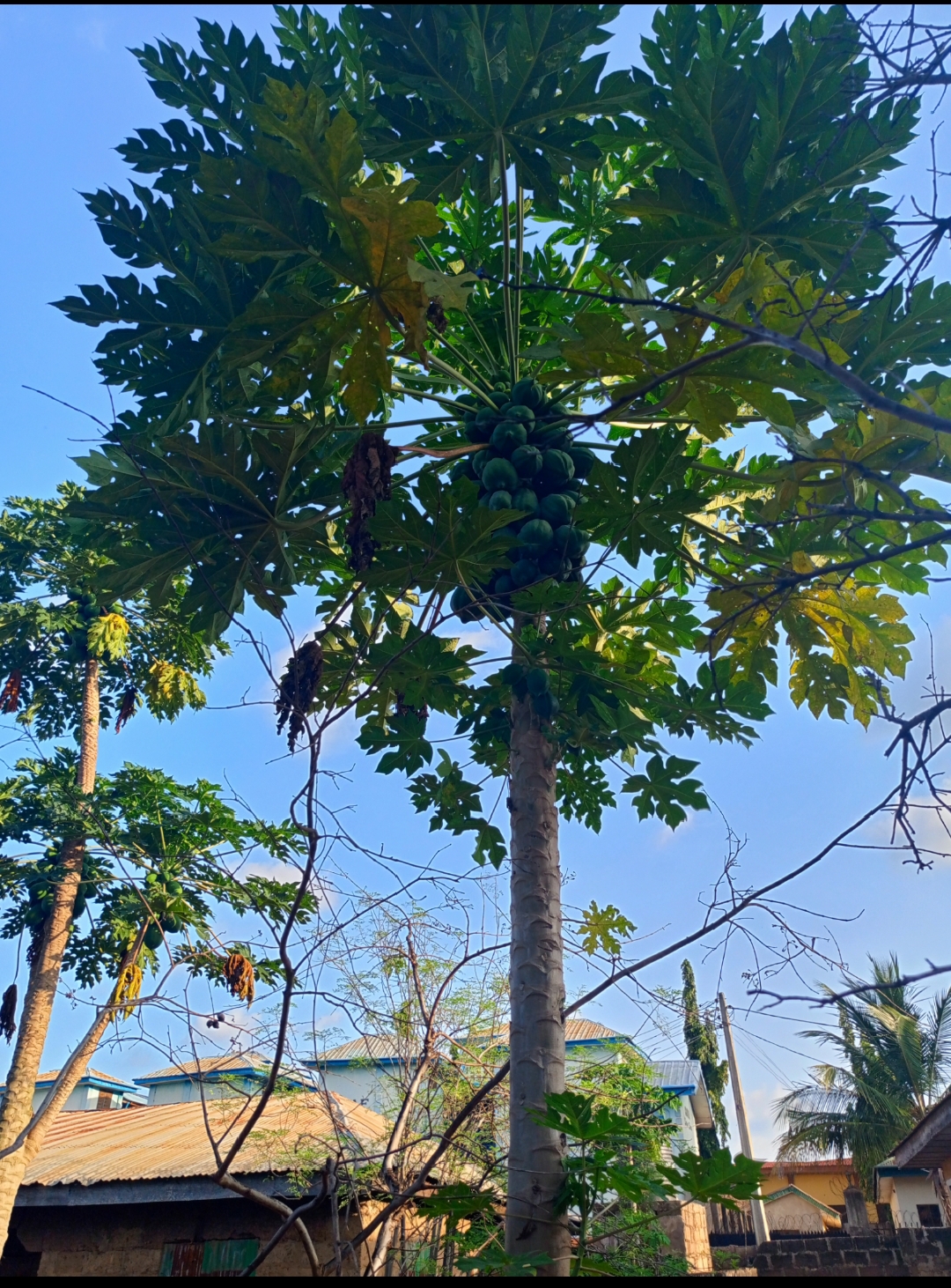
My farming experience started while I was growing up. I had my hoe and cutlass that I took to the farm with my parents. And oftentimes, when I visited my village, I always followed my cousins to their farms. Going to the farm is often fun and could be tiring. We are either making ridges or weeding the farm to prevent competition with the crops of choice. The harvests are often satisfying in respect to the efforts harnessed during their cultivation.
The average Nigerian has realized the importance of growing what we eat, and technical know-how or support would influence how far an individual or corporate organization would go. The majority of citizens are content with subsistence farming, which is executed on a small scale and may not require huge financial implications.
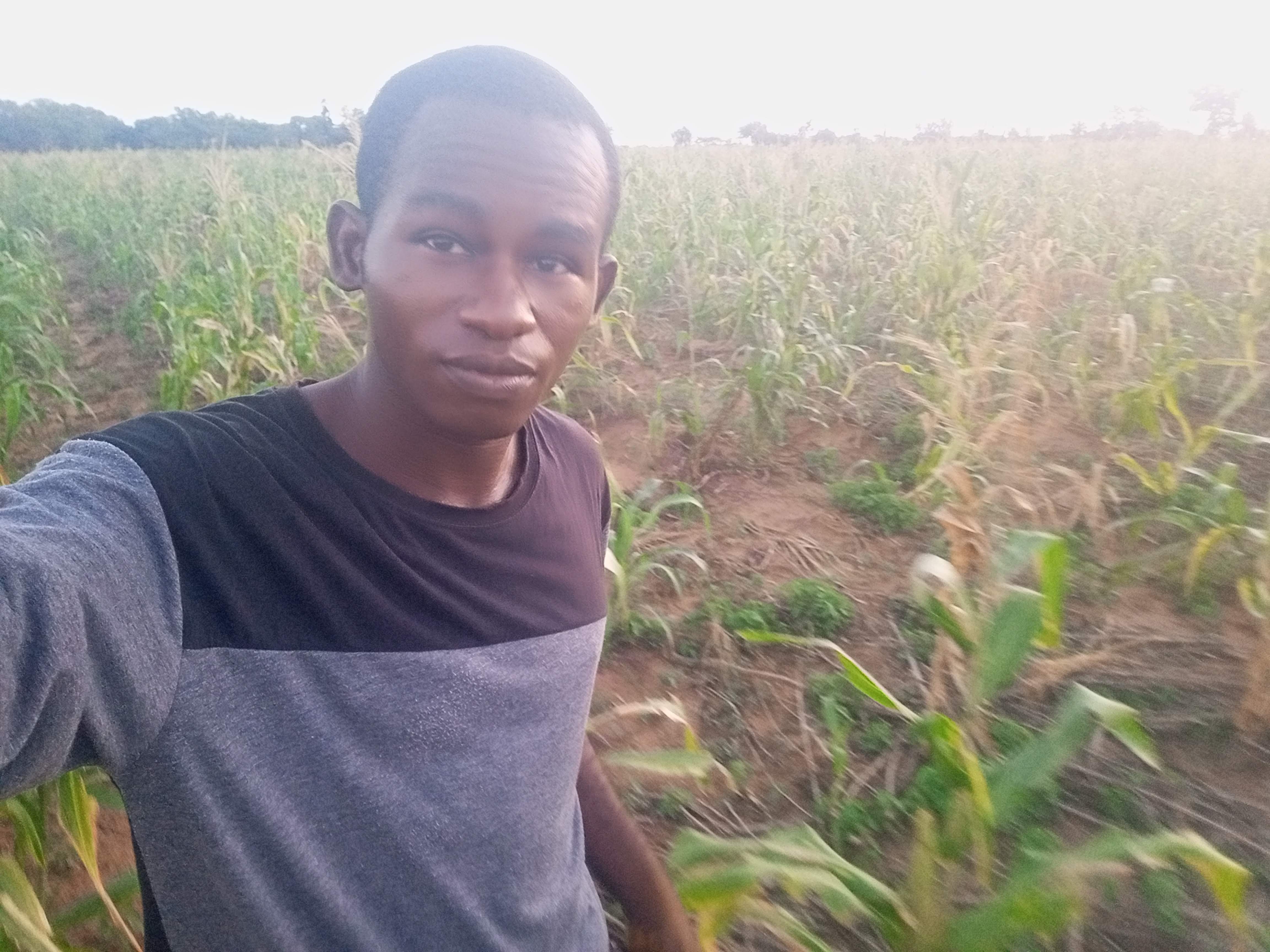
This is widely practiced by the populace, and I am a typical example. Though I am a medical professional, I still find passion in farming, and this comes from the need to explore a variety of opportunities in farming and yet make a few gains. Subsistence farming can be executed in homes and also on farmlands that could run into several plots or acres of land. Here, there is limited application of mechanized tools, even though manual labor can also be employed.
This type of farming is practiced on a large scale and is usually capital-intensive. Groups of people, or the government, are often the beneficiaries of such farming practices. Mechanized tools such as tractors, ploughers, and ridgers, as well as the additional use of drones to sprinkle a large area of land, are typically associated with mechanized farming.
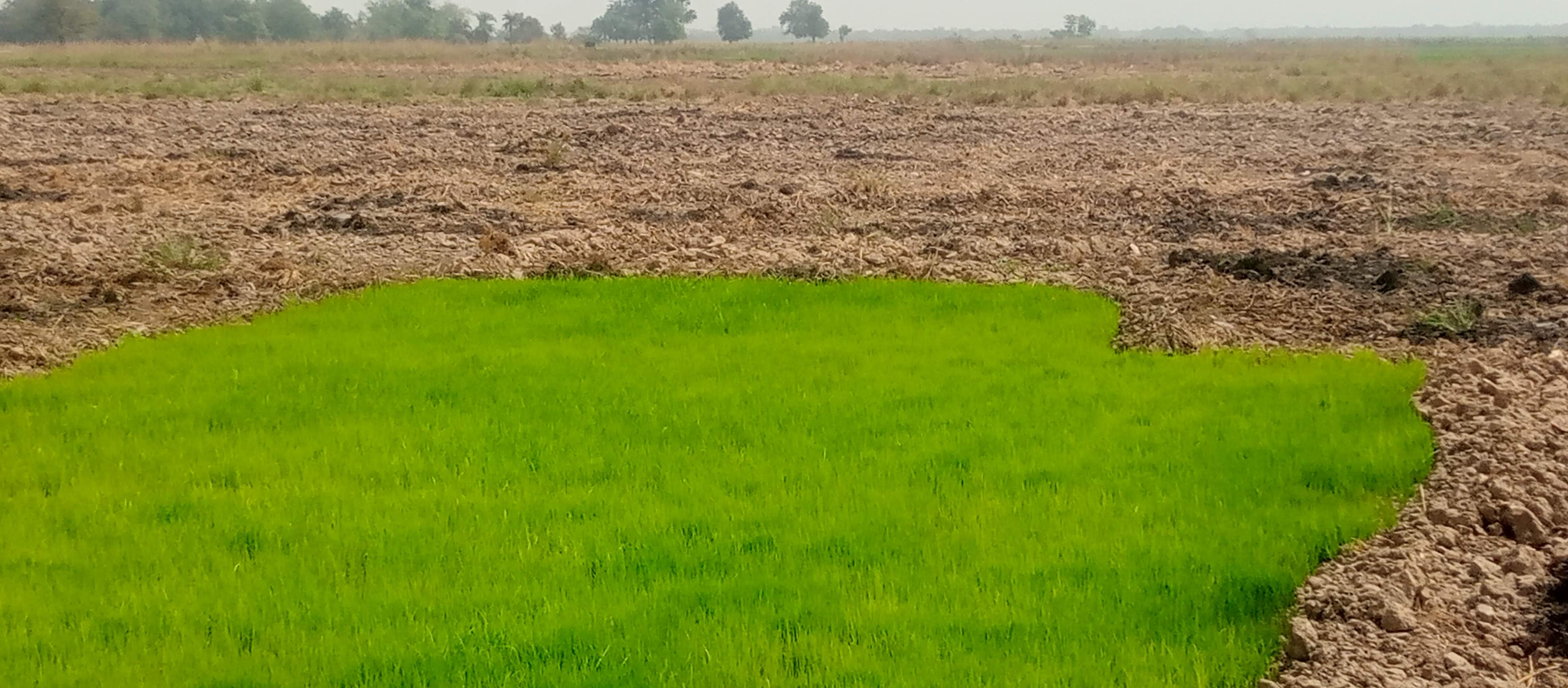
RICE NURSERY
My first and most recent farming experience was three years ago, when I engaged in rice farming. My first attempt was overshadowed by flooding just as we began to transplant the rice nurseries. It was painful to see my efforts go down the drains of flooding; however, I did not give up and went into another rice planting season in the dry season, which is also known as irrigation farming. The first challenge was the location of the farm site, which was at least two hours away from where I am based. Going there often was not easy, and I had to engage the services of a farm supervisor.
Farm supervisors are paid, but it is rare to get sincere people who would look after the farm as though it were their personal projects. The supervisor kept giving excuses for his obvious shortcomings, but we were limited since the terrain was not too familiar. Eventually, the yield did not even meet up with my invested capital, but I learned key lessons, such as below:
-Rice nursery preparation and transplanting
-Drilling of boreholes with consideration of slope and size for irrigation farming
-Limiting yield loss as a result of infestations or bird encroachments.
-Processes of harvesting and bagging
These and many more were lessons learned during the rice planting season.
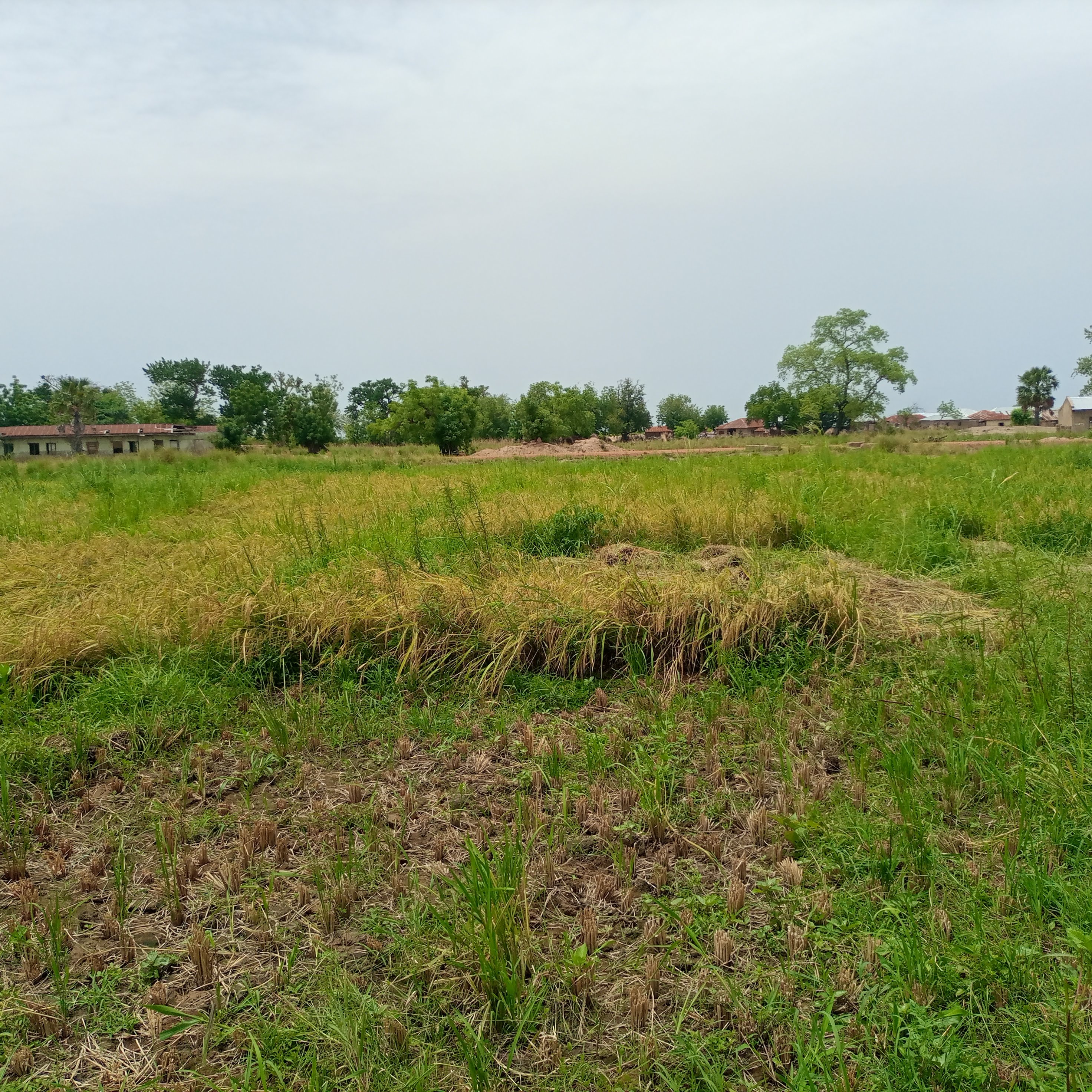
Following shortly the above was the cultivation of mixed cropping on an upland for both domestic and commercial purposes. We were dribbled often by the tractor hirers until we ended up planting maize crops in August. This was getting late already, as the rain often subsides in October. Luckily, we got some bags of maize, which were sold to make profits. Other crops that I have farmed are beans, guinea corn, and soybeans. Each of them yielded better profit margins compared to the rice farming that I engaged in. My mom was glad when I brought significant amounts of those crops home for consumption. I remember us having to eat the beans for almost a year.
Unless for the security threats in Nigeria, farming helps to put food on the tables of many citizens, as it is a practice that every citizen can engage in. Farming could be a source of financial income for people who are able to engage in small to medium scale enterprises. Farming remains the pride of Africa and Nigeria, especially, and there is a need to retrace our steps as a nation by investing in farming to ensure hunger and starvation are eliminated.
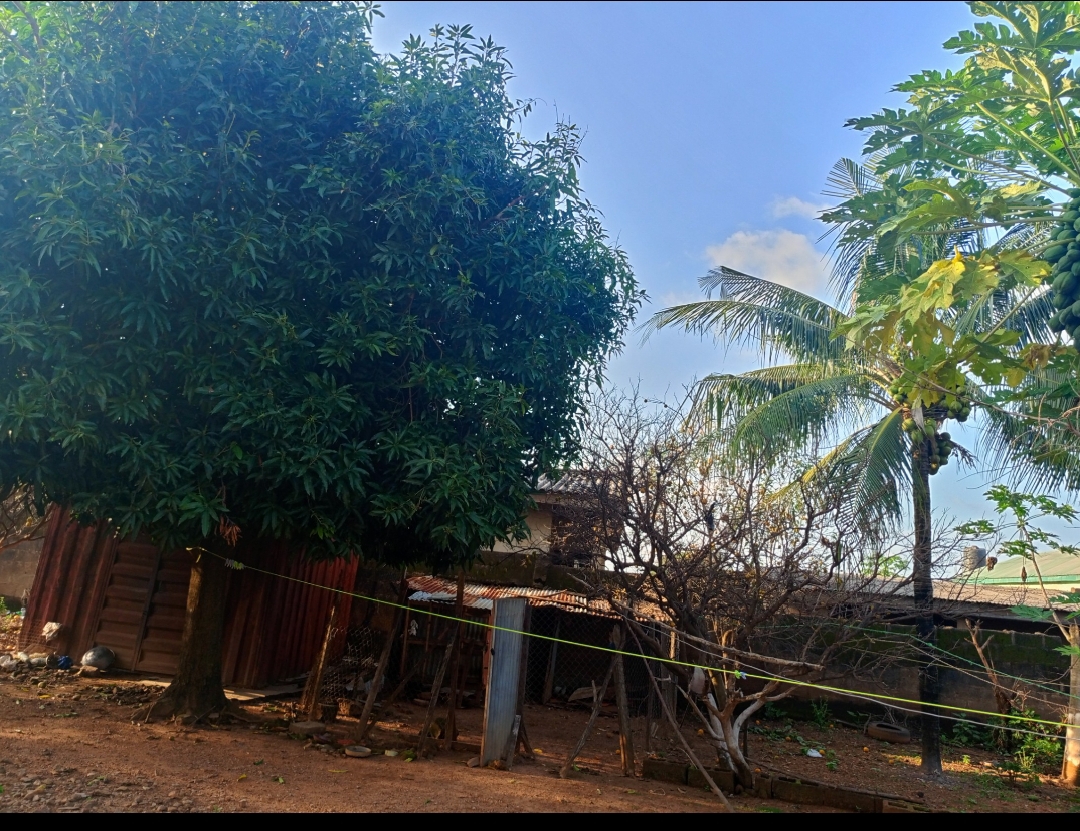
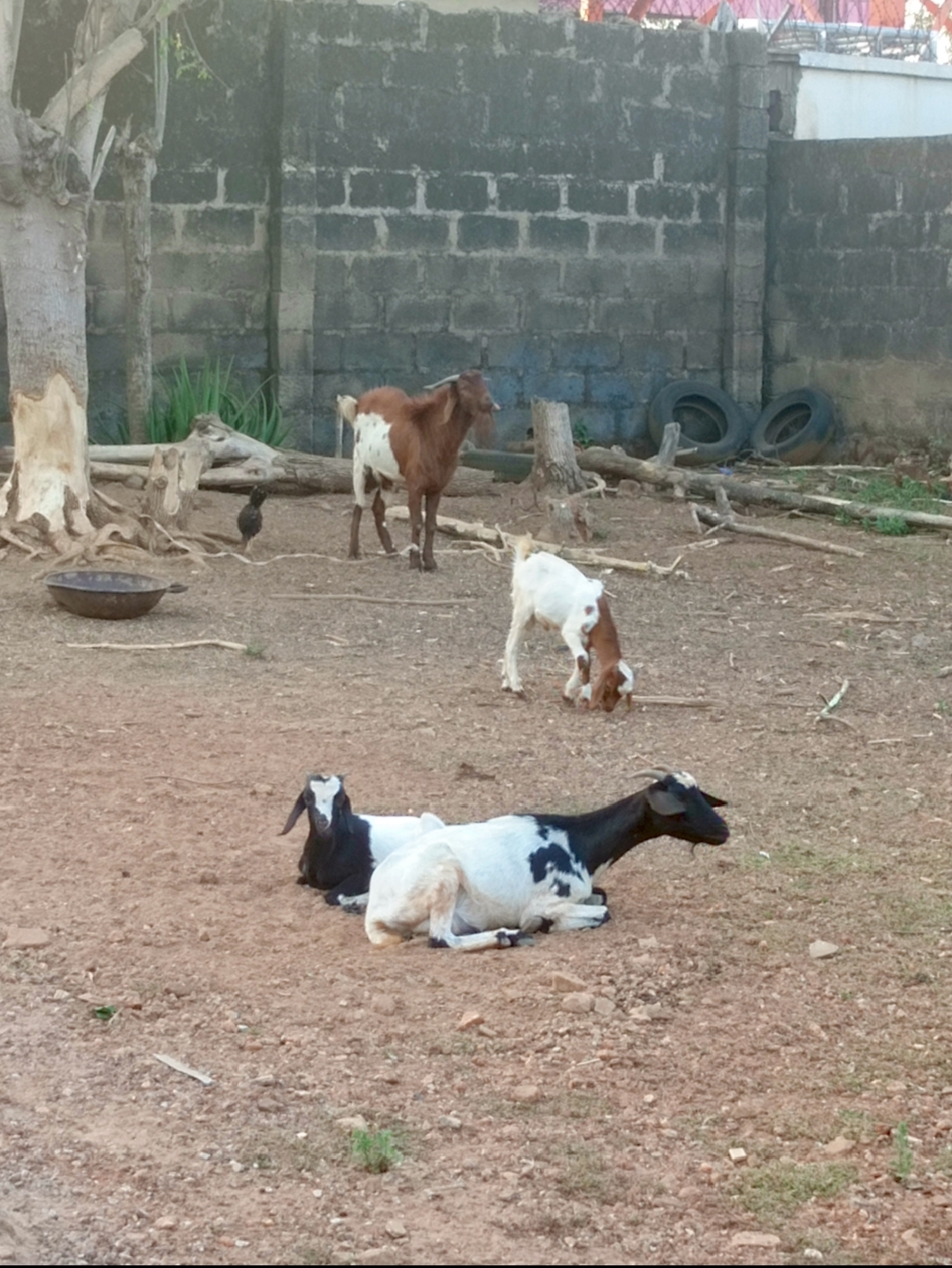
I have always desired to have a spacious compound as a home of residence, with the purpose of having a garden therein. My parents house currently has a variety of fruits, such as mango, banana, oranges, and guava. Others in the compound are pawpaw and coconut. We used to plant vegetables such as jute leaves, bitter leaves, etc., but the goats we have begun to breed in the compound would not let any leafy vegetables grow. I am working on secluding the goats on a ranch and giving room for other crops and vegetables to come up. All these and more are means of supplying fresh vegetables and fruits for consumption.
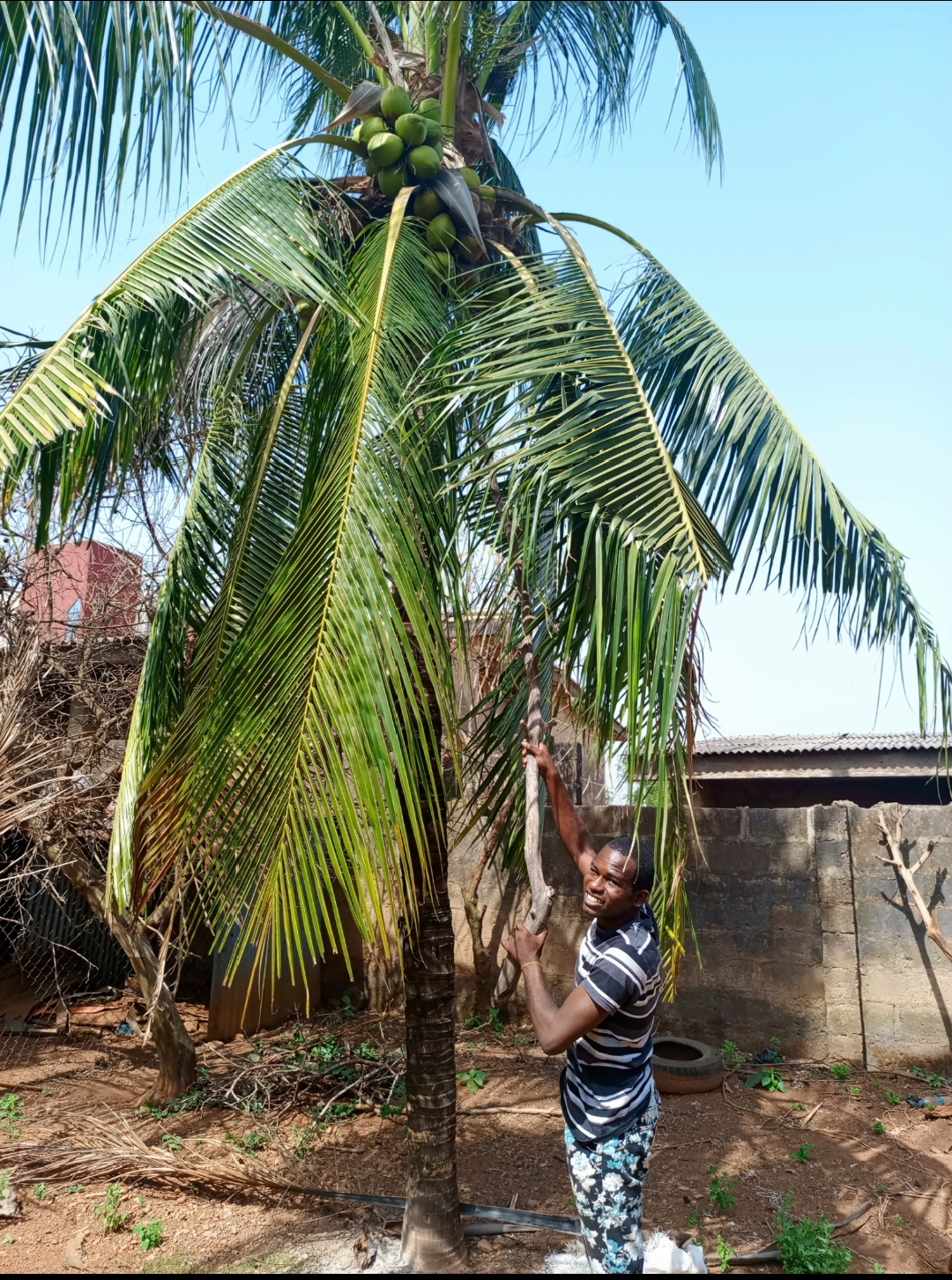
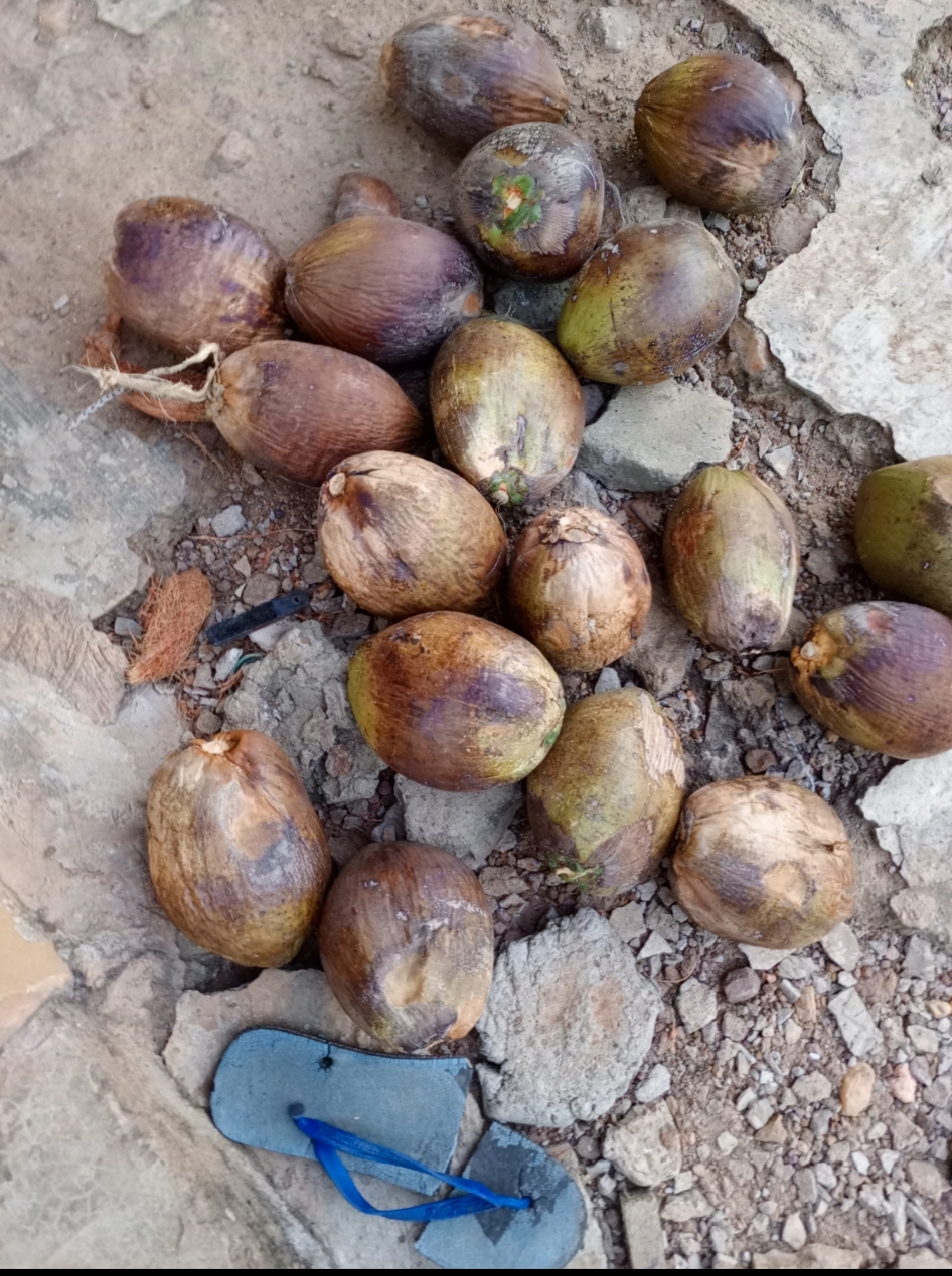
Check this LINK to participate.
ALL IMAGES ARE MINE
I hope to share my farming experience this year with us as, once again, I make the bold step to engage in a farming culture.
Posted Using InLeo Alpha